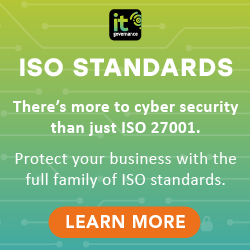Are you a Personal Assistant or Events Organiser who hires only major security companies for your event, based on the supposition and expectation that they guarantee the best service and value for money?
Or just maybe you have already went the route of employing the security services of one of the major companies and you felt badly let down by their quality of employee and their overall attitude?
If you answered yes to one or both of these, what you need to be asking yourself is; is it really so surprising that large security companies with access to thousands of SIA licence holding staff cannot necessarily guarantee the quality you expect or more importantly, your client expects?
The SIA will try and convince you that holding an SIA licence is indeed an assurance that the standard of employee will be of the highest order because they have fulfilled the required SIA criteria but ask those who find themselves directly involved with the events, if they believe the quality is of a consistently high standard and you will get a resounding no.
The old maxim of quantity over quality seems almost appropriate when describing the workforce of these larger security companies.
For you to realise fully why utilising the services of a large security company may not be the most suitable option for you, then you need to know why the SIA was brought into existence and just who they are.
The SIA will tell you that prior to their formation that the whole of the security industry had the perception of being run by criminal gangs and was rife with Neanderthals working on doors who caused more fights than they stopped. The decision was made that the security industry needed regulating and an image readjustment.
The Security Industry Authority or as it is referred to, SIA, is in charge of regulating the private security industry. They are an independent group who report to the Home Secretary, under the terms of the Private Security Industry Act 2001. Their task is to control the private security industry effectively for the purpose of reducing criminality, raising values and to identify quality service providers.
They have two key duties. One is the obligatory licensing of individuals undertaking designated activities within the private security industry; the other is to handle the voluntary Approved Contractor Scheme, which measures private security companies against independently assessed criteria.
Now, as a result of SIA interference, we have Events Organisers and Personal Assistants who cannot see past the SIA propaganda and believe that all SIA licence holders are the same. Therefore they no longer believe it necessary to research the company or the staff backgrounds.
But let us go back and take issue with the main reason for the SIA coming into existence and ask; was that really the case?
Possibly this perception of criminality could have been applied to the lower end of the security spectrum, the doorman and site security markets but it certainly did not apply to the people working in Close Protection.


